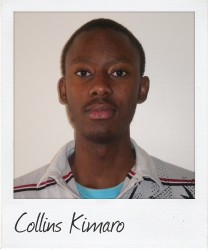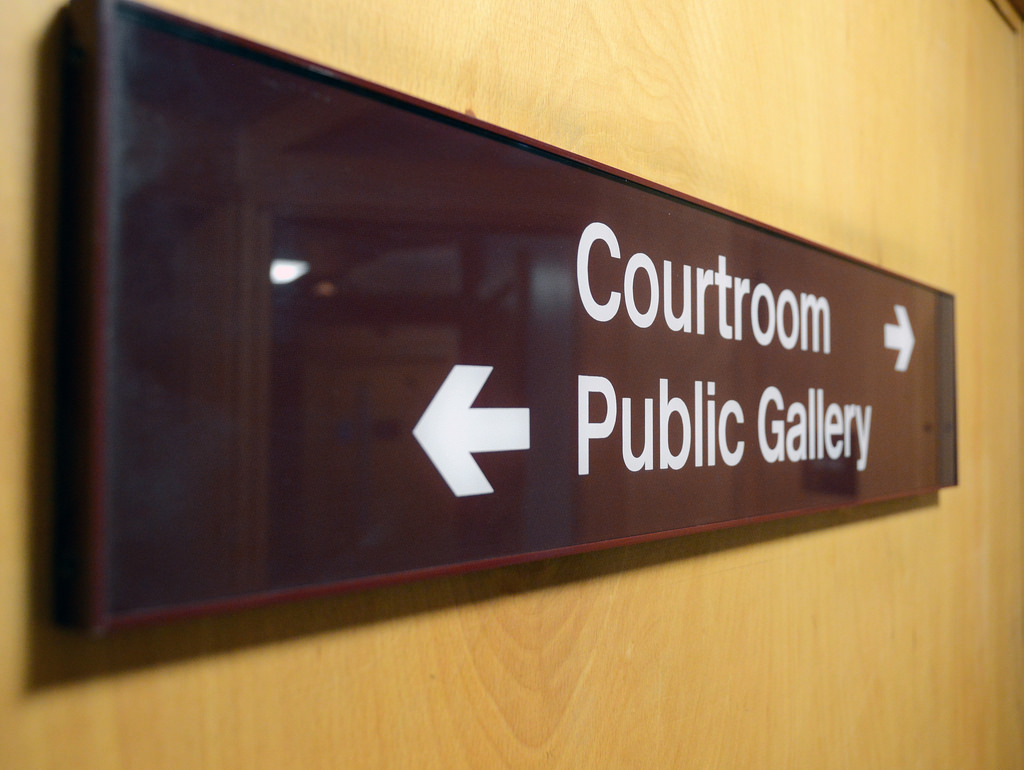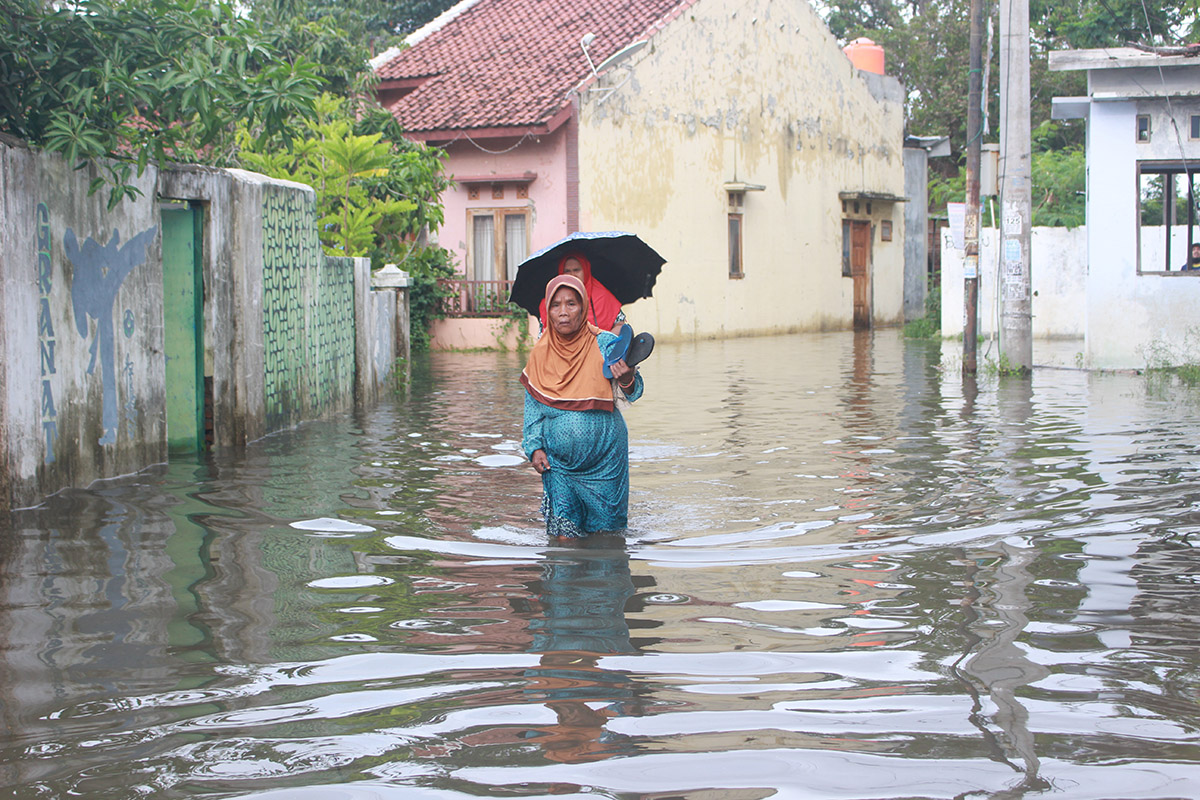"The concept of Pan-Africanism is put on trial"
May 13 The reader is the jury as Collins Kimaro, 20, a Commonwealth Correspondent from Tanzania, uses court room style evidence to examine the successes and shortcomings of Pan-Africanism.
The reader is the jury as Collins Kimaro, 20, a Commonwealth Correspondent from Tanzania, uses court room style evidence to examine the successes and shortcomings of Pan-Africanism.
Ladies and Gentlemen of the Jury. The case that lies before you today is of significant importance. The Accused has her origins from some of the World’s greatest visionaries from Dr. W.E.B Du Bois to Kwame Nkrumah. It is a case that has affected the lives of millions of people from the Caribbean, the Americas and in Africa. Her name is Pan-Africanism and she has been accused of being a myth: a story commonly discussed with little evidence.
The trial begins and the Plaintiff is ready to present the case. The first witness is Political Unity and is called to take the stand. He describes many situations where African Governments have failed to support each other, such as the crises in Ivory Coast or Libya. A recent example is the Anti-Terrorism March in Tunisia in March 2015 where prominent leaders from only two African countries were reported to have attended. Conversely, he points out that six African Presidents attended the ‘Je suis Charlie’ rally in Paris a few weeks earlier.
The Judge thanks Political Unity and reminds the jury to keep an open mind until all testimonies and evidence have been provided. The second witness, Economic Integration, takes her oath. She starts by commending the progress within Regional Trading Blocs such as ECOWAS and SADC. However, she points out that 10 regional committees have now developed with different policies and procedures hampering continental trade. This begins to explain why intra-African trade stands at an estimate of 10% compared to 60% across Europe or 40% in North America. She highlights to the court a specific example that shipping a car from Ethiopia to Ivory Coast is more than three times more expensive than from Japan to Ivory Coast.
The Prosecuting Attorney calls the last witness, Social Solidarity, to testify. Arguably this element could be the most important tool for Pan-Africanism. She describes the delayed continental response to Ebola or the report that Africans are less trusting of members from other tribes, let alone other African countries. These can be seen fundamentally as a social crisis of the African individual not identifying themselves with an African collective and in extension responsibility for problems others in the continent and diaspora may be facing. To Pan-Africanism’s defence she suggests that this could be because there is a less obvious single aggressor such as colonialism or slavery that united Africans before. But then again she thinks of poverty and corruption as the common oppressors of today. She goes on to emphasize there are also institutional barriers that have hampered this solidarity. For example, despite the majority of African migration being within Africa, only five African countries offered visa-on-arrival or visa-free access to all the other African countries in 2013. Such measures stress barriers between a unified ‘African’ identity or allegiance.
The proceedings of this trial have now concluded. The verdict rests with you, members of the jury – is Pan-Africanism guilty as charged? Has Pan-Africanism remained a concept highly discussed with little evidence in societies or policies? And if so, what sentence do you recommend to transform Pan-Africanism from a mere ideology to an empowering reality?
photo credit: Court via photopin (license)
………………………………………………………………………………………………………………
About me: We live in a time when the world’s workings are being re-written and unbound possibilities opening up. My ambitions align with this and I aspire to join the field of International Development and help fuel African’s impending rise. I enjoy exploring new cultures, current affairs and the beautiful art that is spoken word.
Apart from being an Economics student at the University of Warwick I am excited to be part of AIESEC Warwick and Treasurer for Warwick World Food Programme.
………………………………………………………………………………………………………………
Opinions expressed in this article are those of the author and do not necessarily represent the views of the Commonwealth Youth Programme. Articles are published in a spirit of dialogue, respect and understanding. If you disagree, why not submit a response?
To learn more about becoming a Commonwealth Correspondent please visit:
http://www.yourcommonwealth.org/submit-articles/commonwealthcorrespondents/
………………………………………………………………………………………………………………




